Introduction
In the ever-evolving landscape of healthcare design, ensuring patient privacy and confidentiality remains a top priority. Privacy glass emerges as a versatile solution to address these needs effectively while enhancing the functionality and aesthetics of medical environments. In this blog, we’ll explore what privacy glass is, how it works, the benefits it offers, and installation considerations.
What is Privacy Glass?
Privacy glass, also known as smart glass or switchable glass, is an advanced material that can alter its transparency properties on demand. By applying an electrical current, privacy glass can transition from transparent to opaque or translucent, providing instant privacy as needed. This technology offers a seamless and contemporary solution for maintaining confidentiality in various settings within medical environments.
How It Works
Privacy glass operates through the manipulation of particles within the glass, altering its transparency properties. When an electrical current is applied, these particles realign to change the glass from transparent to opaque or translucent. This transformation allows privacy glass to provide instant privacy control, ensuring confidentiality during patient consultations, examinations, and treatments.
Benefits of Privacy Glass
Privacy glass offers numerous benefits in medical environments, including:
- Enhanced Patient Privacy: Privacy glass partitions create discreet areas for patient consultations, examinations, and treatments, ensuring confidentiality and respect for patient privacy.
- Improved Infection Control: Privacy glass surfaces are smooth and easy to clean, reducing the risk of bacterial buildup and facilitating infection control measures in medical treatment areas.
- Flexible Room Configurations: Privacy glass partitions allow for flexible room configurations within medical facilities, optimizing space utilization and accommodating varying patient needs and treatment requirements.
- Customizable Aesthetic Appeal: Privacy glass can be customized to incorporate branding elements, logos, or designs, enhancing the aesthetic appeal of medical facility interiors and creating a professional and welcoming atmosphere for patients and staff.
- Enhanced Workflow Efficiency: Privacy glass enables efficient communication and collaboration between medical staff members, allowing for seamless coordination of patient care and treatment procedures.
Privacy glass can be applied in various areas within medical environments to enhance patient privacy, confidentiality, and overall functionality. Here are five key areas:
- Patient Consultation Rooms:
- Privacy glass partitions can create discreet areas within consultation rooms where patients can discuss sensitive medical information with healthcare providers. This ensures confidentiality while maintaining an open and inviting atmosphere.
- Operating Rooms:
- Privacy glass windows or partitions in operating rooms provide discretion during surgical procedures while allowing medical staff to monitor patient status. This enhances patient privacy and dignity during surgical interventions.
- Emergency Department Triage Areas:
- Privacy glass partitions in emergency department triage areas offer discreet spaces for patient evaluations, prioritizing patient privacy while allowing medical staff to assess and address medical needs efficiently.
- Laboratories and Research Facilities:
- Privacy glass partitions in laboratories and research facilities provide confidentiality for discussions and experiments involving sensitive medical data or findings. This ensures that research activities remain confidential and secure.
- Pharmacy Counters:
- Privacy glass can be installed at pharmacy counters to provide discretion while patients discuss medication-related concerns with pharmacists or collect their prescriptions. This enhances patient privacy and confidentiality during pharmaceutical consultations.
By incorporating privacy glass into these areas of medical environments, facilities can create discreet and confidential spaces that prioritize patient privacy while maintaining functionality and efficiency.
Installation Considerations
When integrating privacy glass into medical environments, several installation considerations should be taken into account, including:
- Compatibility with Existing Infrastructure: Ensure that privacy glass systems are compatible with existing building management or automation systems for seamless integration and operation.
- Regulatory Compliance: Verify that privacy glass solutions meet regulatory standards and guidelines, such as HIPAA, to protect patient privacy and confidentiality effectively.
- Durability and Maintenance: Select privacy glass products that are durable, easy to clean, and require minimal maintenance to uphold hygiene standards and ensure long-term functionality in medical environments.
- Safety and Security: Install privacy glass systems with safety features such as tempered glass and secure locking mechanisms to ensure patient and staff safety and prevent unauthorized access to sensitive areas.
Conclusion
Privacy glass technology offers a sophisticated and practical way to enhance patient privacy, confidentiality, and overall functionality in medical environments. By incorporating privacy glass into their design, medical facilities can create modern and patient-centric spaces that prioritize dignity, respect, and optimal patient care.
Who We Are
Tecdur is the leading manufacturer of smart glass for the UK and Ireland. Tecdur Switchable Glass provides the best clarity, lowest power consumption and lowest haze currently available. We can offer a wide range of specifications to meet project requirements with our switchable glass, cost is dependent on specification, application and design. Please get in contact with us to discuss further.
Please visit our portfolio for a look at completed projects. Keep up to date on our LinkedIn Showcase page
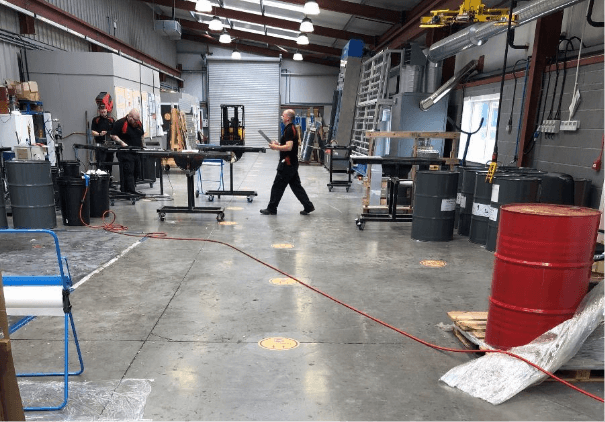
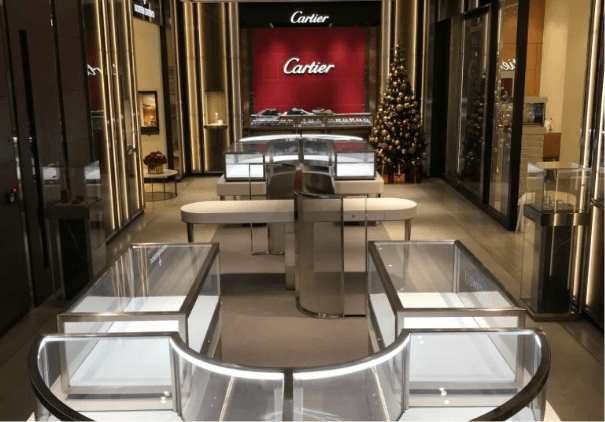
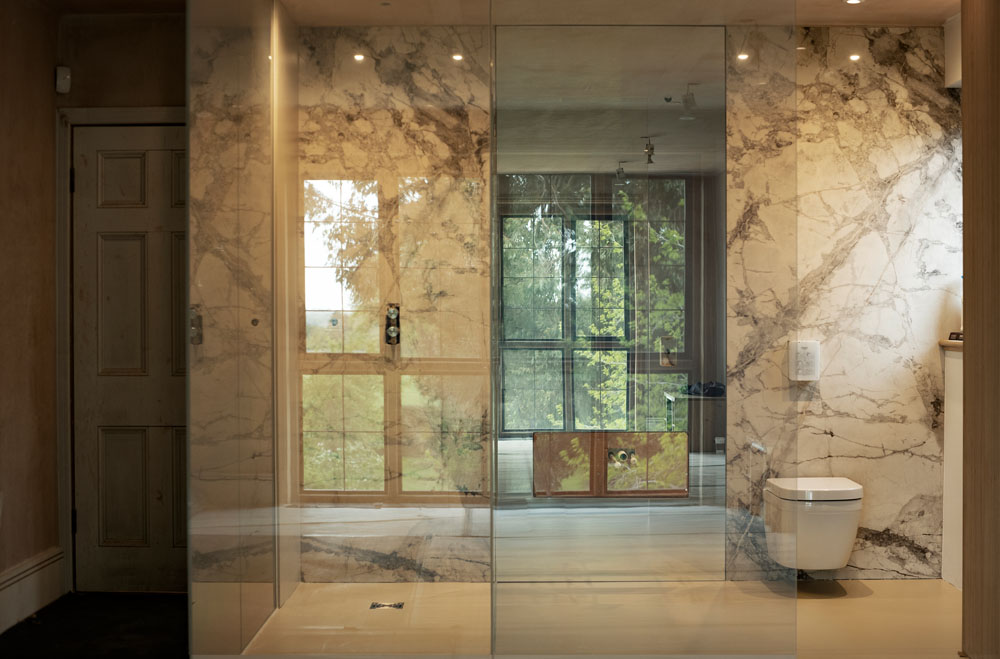
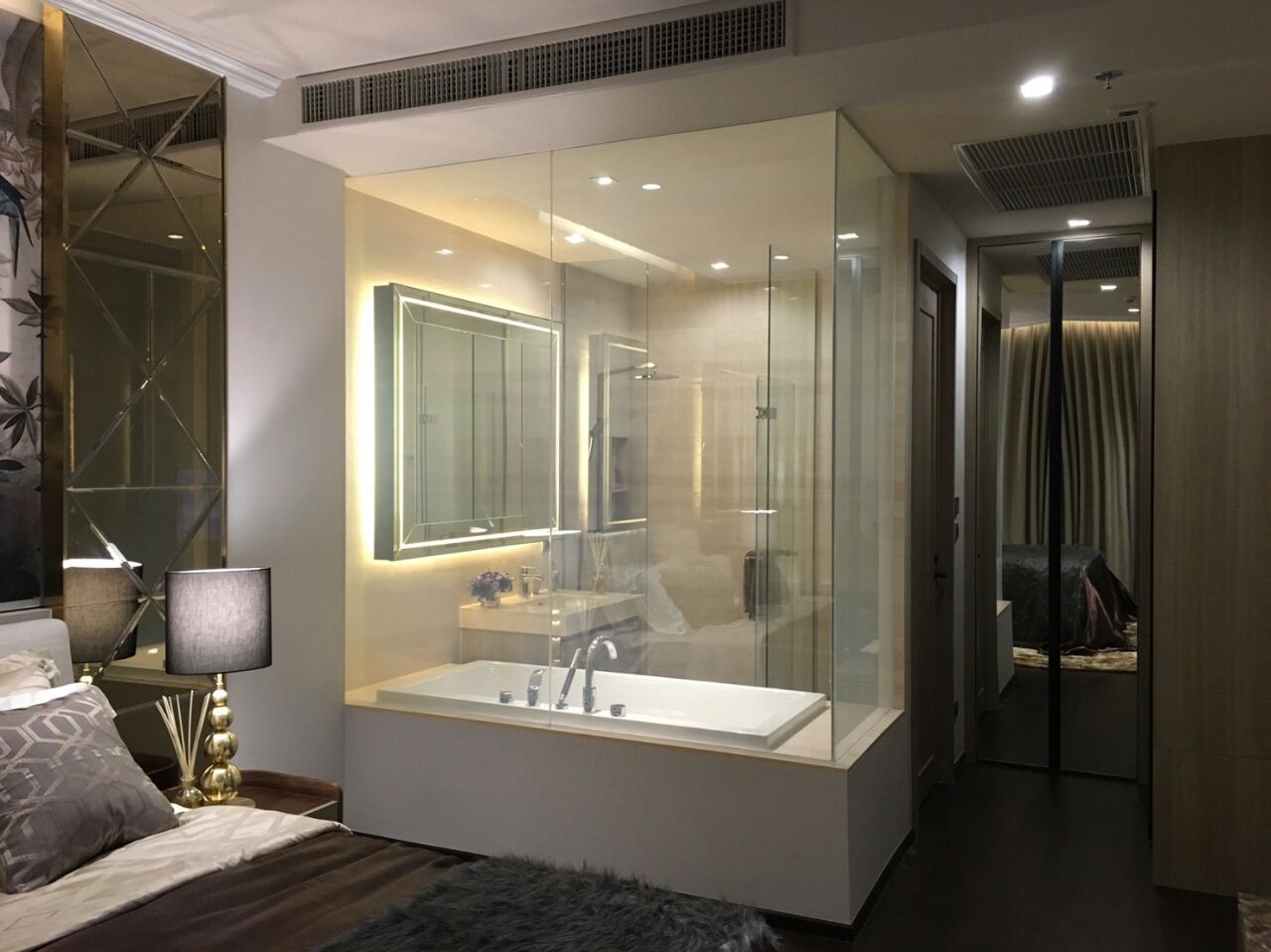
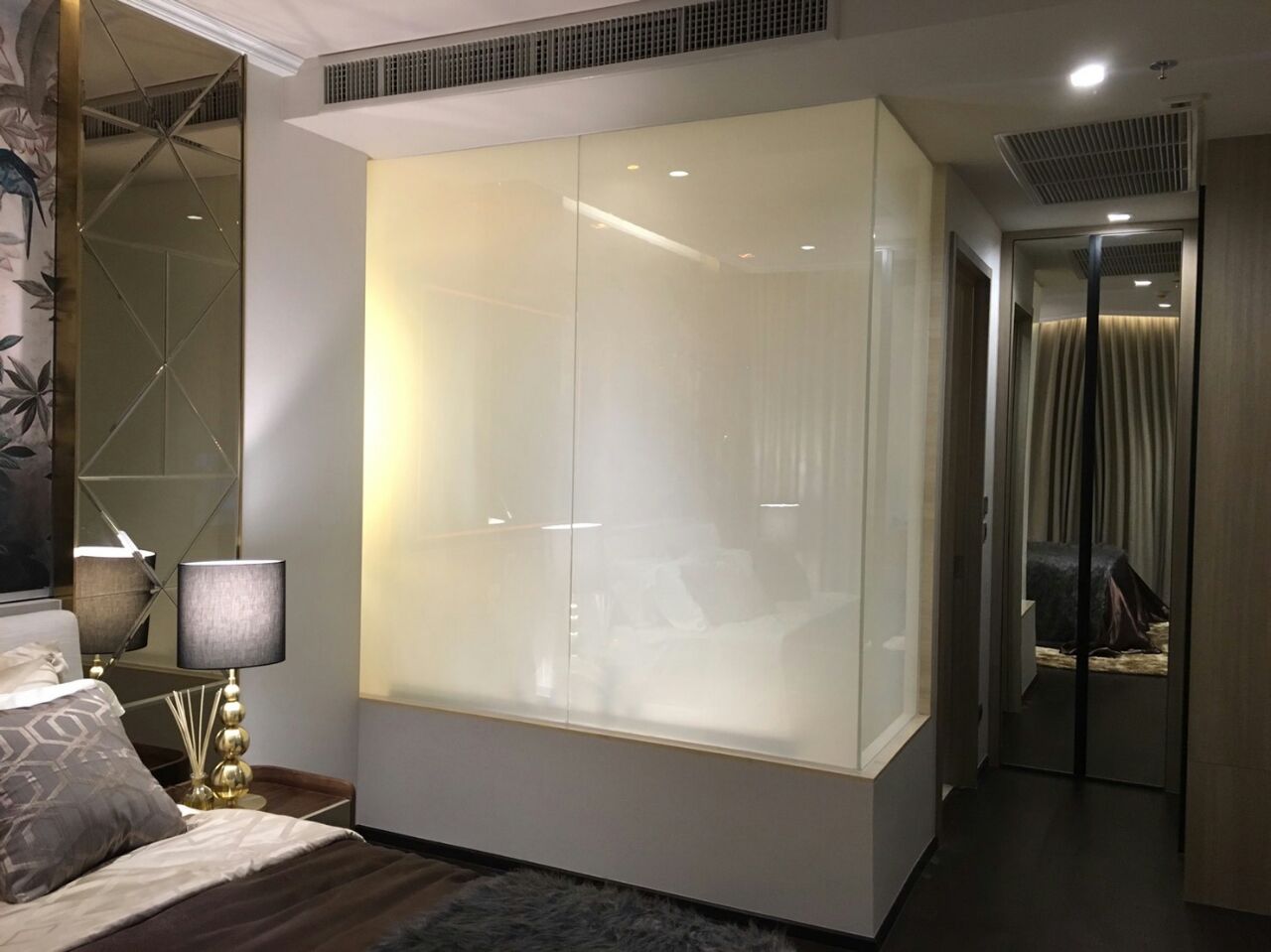
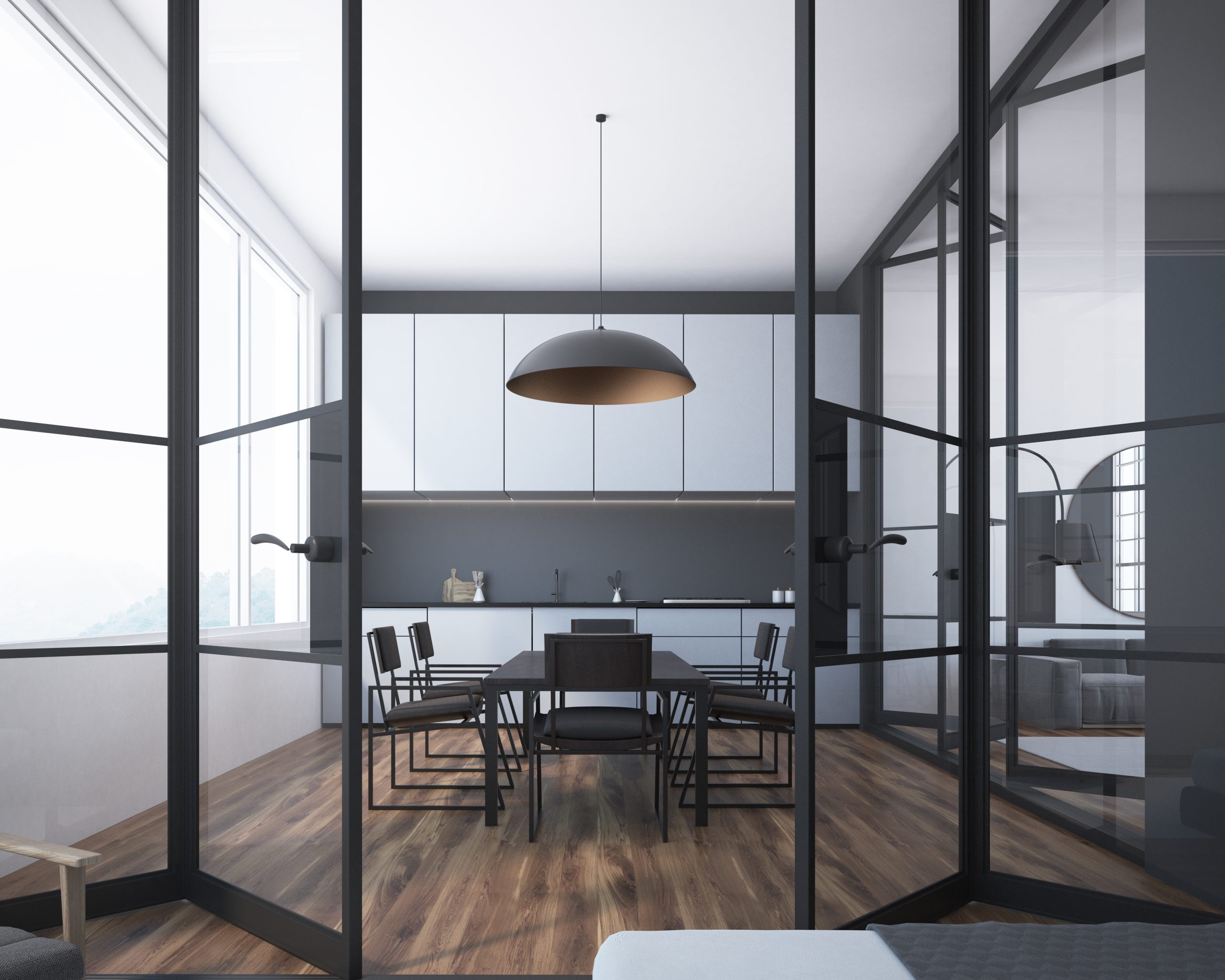
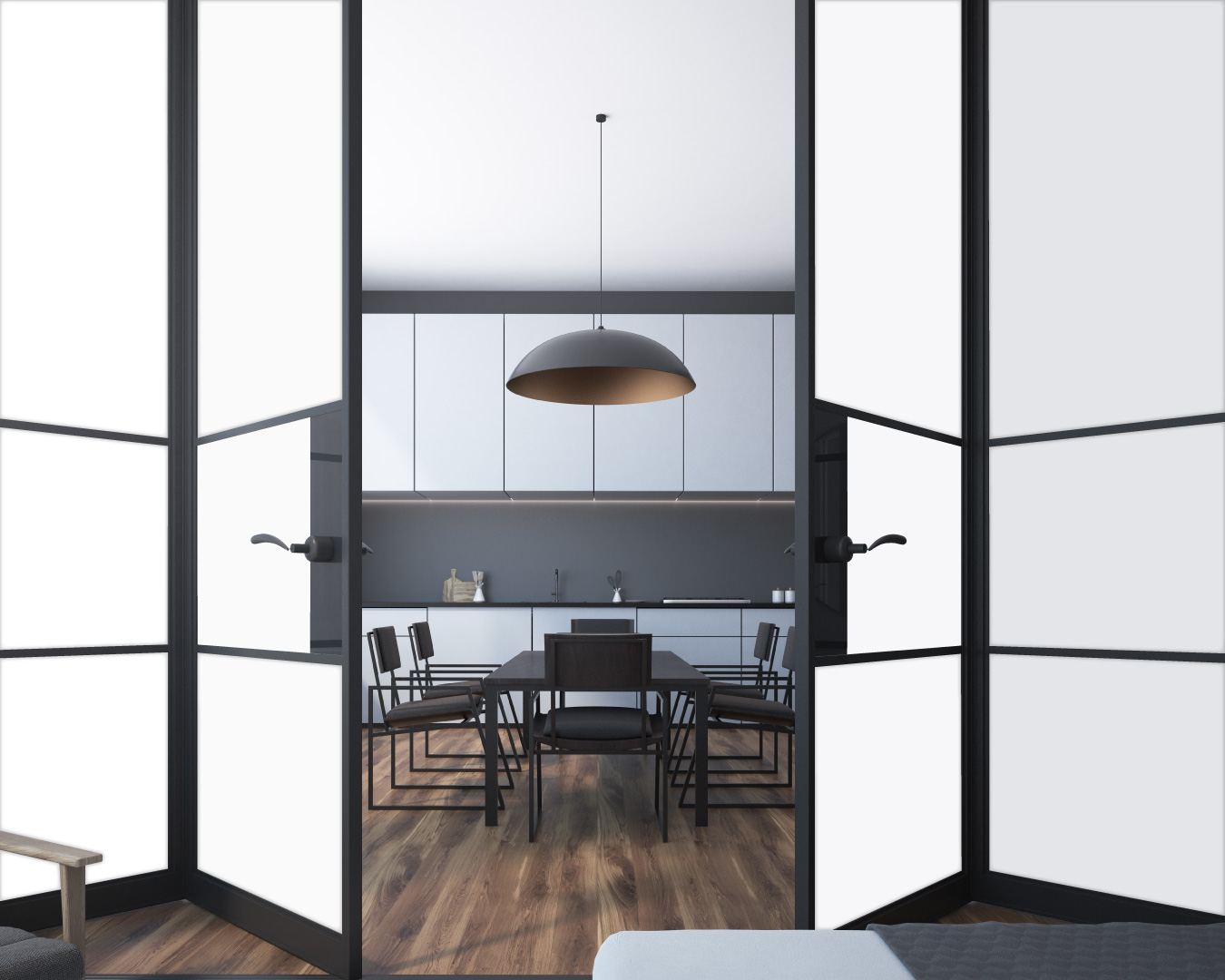
Frequently asked Questions
Our privacy glass works by utilising advanced PDLC (Polymer Dispersed Liquid Crystal) film. When an electrical current is applied, the liquid crystal molecules align, allowing light to pass through, making the glass transparent. When the current is switched off, the molecules mis-align, causing the glass to turn opaque or translucent, providing privacy.
Yes, privacy glass can be customized and applied to various medical facility layouts and configurations to ensure patient privacy and comfort.
Yes, privacy glass can often be retrofitted into existing windows or partitions, providing a convenient upgrade to enhance patient privacy and comfort.
While privacy glass may require occasional cleaning and maintenance, it typically does not have any specialized maintenance requirements beyond regular glass cleaning practices.
Some privacy glass products are designed to regulate temperature and sunlight transmission, contributing to energy savings in medical facilities.
Privacy glass operates on electrical systems, so backup power sources should be in place to ensure continued functionality during power outages. Additionally, proper training on its operation and maintenance is essential to address any potential privacy issues effectively.




